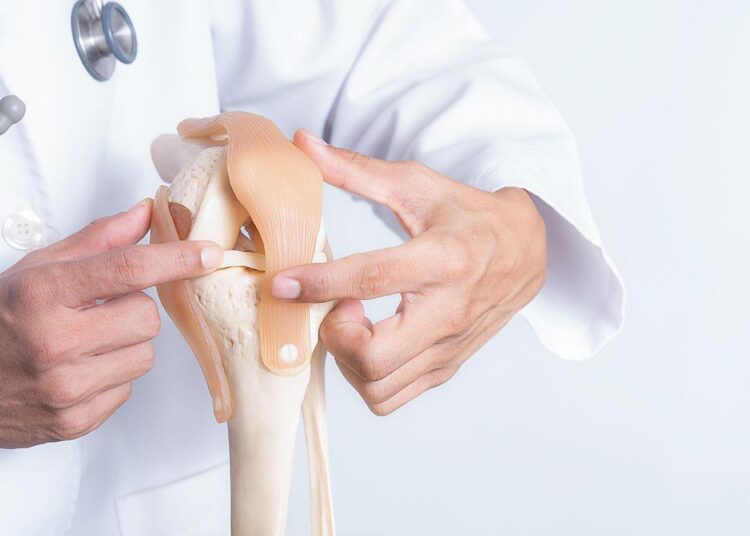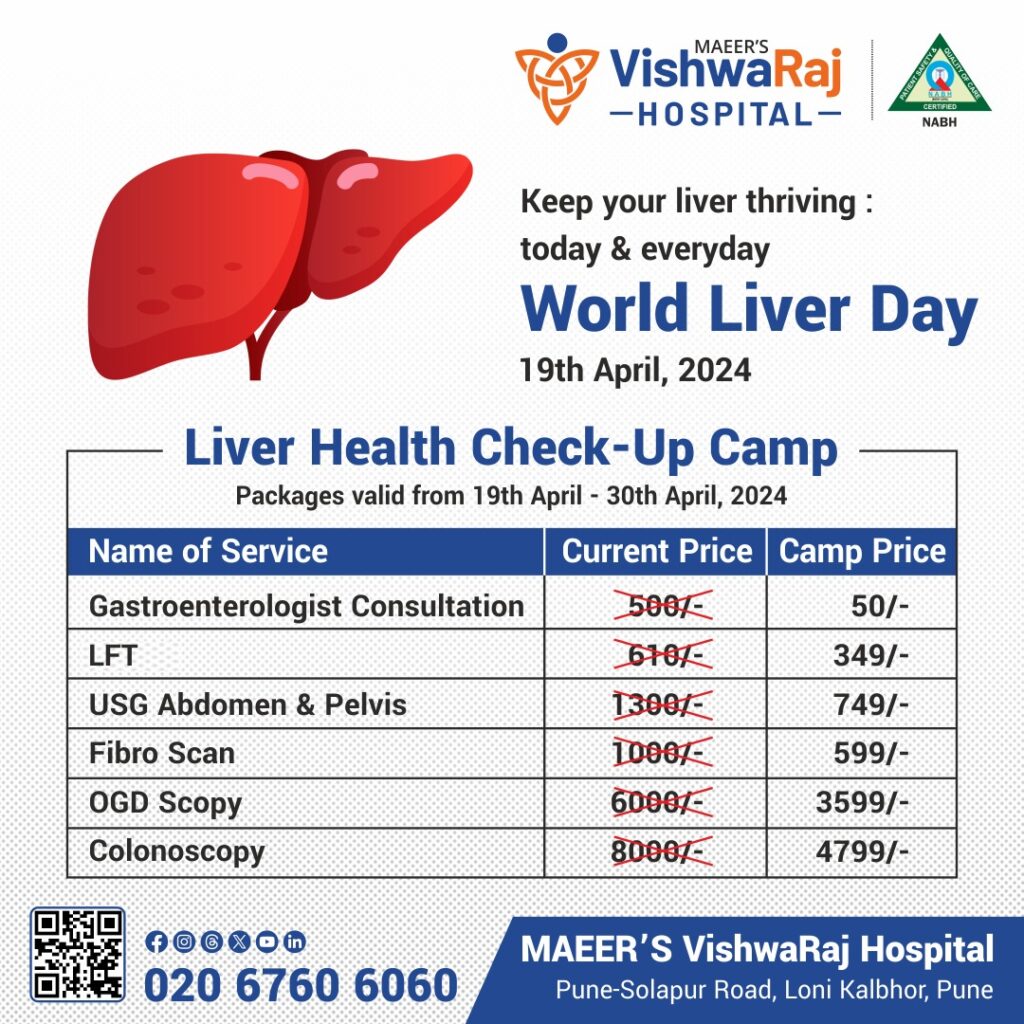How should I sleep after laparoscopic surgery?
- Written by:Department Of General Laparoscopic Surgery
- Published: March 18, 2021
- 4 min Read
Laparoscopic surgery is helpful to cure diseases like endometriosis, uterus removal, hernia, and gall bladder stone. The two major advantages of laparoscopic surgery are that it is a minimally invasive procedure and the recovery rate after laparoscopic surgery is faster than the open surgery.
However, there are specific instructions that you must follow to ensure better recovery including lifestyle, exercise, and diet. Moreover, you also need to take care of how to sleep after laparoscopic surgery.


Appropriate sleeping position after Laparoscopic Surgery
Sleeping and taking proper rest after the Laparoscopic Surgery is essential for your recovery. It is vital to maintain your mental and physical health after going through this major surgery. Following are the sleeping positions which will cause no problem after your surgery:
- Sleeping on your back
One of the best sleeping position after going through any surgery is resting straight on your back. If you have had surgery on your legs, hips, spine, and arms, this position will benefit you the most. Moreover, if you add a pillow underneath your body areas, it provides more support and comfort.
How your arms, legs, and toes must be facing can vary situation wise. However, straight back with arms at your side, legs straight, and toes facing the ceiling is the best position. The position helps you keep yourself neutrally aligned. So when having doubt how to sleep, sleep on your back.
- Sleeping on your side
There are certain conditions in which it is not advisable to sleep on your sides. Additionally, it is dangerous to sleep side-wise if you have gone through the hip or spinal surgery. However, if your doctor permits it, you can sleep sideways with a support system fixed between your ankles or knees. You can consult your doctor about the way it is safe to sleep at night.
- Sleeping on your stomach
The doctors do not recommend sleeping on the stomach after the surgery. This position can hurt your spine and can also pressurize the hip area. Try to control your sleeping habits if you are a stomach sleeper. It is best to sleep on your side or back.
Other Preparations for Faster Recovery
There are some other areas you need to work on to increase your recovery rate and avoid complications. So following are the tips:
- Be prepared
It is difficult to prepare for a last-minute surgery. However, the more you can prepare, the better is the chance for recovery. You should be prepared with everything by your side before the surgery. Reducing the round to a drug store is one of the ways to reduce stress after surgery. It increases the rate of recovery as you get more rest.
- Keep a helping hand at your side
During the first week of your surgery, it is essential to have someone who can help you when you need something. The person can be anyone your partner, family, friend, roommate, or even health care staff. You need proper care whether you have had a complicated surgery with an organ removal process or a simple diagnosis. It would be best to have someone to support works like cooking, cleaning, monitoring complications, reaching doctor for help, etc.
The helper can take care of whether you are taking the medicines on time, rest, carrying out the daily exercise, etc.
- Keep on moving
Your body needs rest after surgery, however, it is necessary to get up and move around every two hours to heal and eliminate gas, as per doctor’s advice.
Don’t be worried start. Start slow and move as per your capacity. If you feel like you can only walk up to your bathroom, do that! But gradually increase your walking limit up to the nurse’s station. During the hospital days, the nurse will help you in this process, but you carry on the process once you reach home. After a few days, you will be able to go for evening walks too.
- Splint your belly
Your abdomen needs support to heal and hold you upright. If you are having stomach pain, it is best to hug a pillow or bind it using a binder. Don’t be in a hurry to join your work back. It is not a good idea as sitting upright also puts a lot of pressure on the abdominal area. Putting a lot of stress in your belly can increase your pain, and hence it may cause complications.
- Be flexible
Everybody has a plan for what they will do during and after the surgery, it is good, but you should also be flexible. Recovering from such major surgery can be unpredictable. You might develop a complication, which will involve hospitalization for a couple more days. But do not get disappointed or stressed.
Don’t hold on to the suggestion your doctor provided you that you will recover in many such days. Each surgery is different, and the recovery time varies from person to person. However, you can plan to return home after two weeks of surgery. For more extensive surgery, take small steps and give yourself 4 to 6 weeks for recovery.
Conclusion
Everybody reacts differently and requires care accordingly. So listen to your body and trust yourself. Give it time and have patience for recovery especially after major surgeries. Your body will give you a sign when it needs sleep, and which position is comfortable for you. Follow it and if you have any queries or problems, discuss it with your doctor. Continue your medications and daily exercise, as recommended by your doctor.
Related Read
Umbilical hernia signs and symptoms
A hernia is a problem that arises when an internal organ pushes itself out from a weak spot in the body tissue or muscle. There are different categories of hernia that you can develop, like femoral hernias, inguinal hernia, Hiatal hernias and umbilical hernia. According to a study, umbilical hernia is the second most common type of hernia developed in adults after inguinal hernia.
Warning: Trying to access array offset on value of type null in /home/drr41ih765mp/public_html/wp-content/plugins/jblog-elements/includes/class/elements/views/view-abstract.php on line 142
Warning: Trying to access array offset on value of type null in /home/drr41ih765mp/public_html/wp-content/plugins/jblog-elements/includes/class/elements/views/view-abstract.php on line 142
Warning: Trying to access array offset on value of type null in /home/drr41ih765mp/public_html/wp-content/plugins/jblog-elements/includes/class/elements/views/view-abstract.php on line 142
Warning: Trying to access array offset on value of type null in /home/drr41ih765mp/public_html/wp-content/plugins/jblog-elements/includes/class/elements/views/view-abstract.php on line 142
Warning: Trying to access array offset on value of type null in /home/drr41ih765mp/public_html/wp-content/plugins/jblog-elements/includes/class/elements/views/view-abstract.php on line 142
Warning: Trying to access array offset on value of type null in /home/drr41ih765mp/public_html/wp-content/plugins/jblog-elements/includes/class/elements/views/view-abstract.php on line 142
Warning: Trying to access array offset on value of type null in /home/drr41ih765mp/public_html/wp-content/plugins/jblog-elements/includes/class/elements/views/view-abstract.php on line 142
Warning: Trying to access array offset on value of type null in /home/drr41ih765mp/public_html/wp-content/plugins/jblog-elements/includes/class/elements/views/view-abstract.php on line 142
Related Posts
The Importance of Orthopedic Care: How it Impacts Your Quality of Life
The Importance of Orthopedic Care: How it Impacts Your Quality of Life Introduction In the pursuit of a fulfilling life, ...
“Stay cool, stay safe: Beat the heat, avoid heat stroke.”
Department by: Internal Medicine Last Read: 4 min ago As the temperatures rise during the hot summer months, it's important ...
Sudden Onset (Sensorineural) Hearing Loss
Department by: ENT Last Read: 4 min ago As the name suggests, it’s a sudden rapid and unexplained loss of ...
Retinitis pigmentosa and its effect on the quality of life
Retinitis pigmentosa and its effect on the quality of life: On one fine day in our ophthalmic clinic, a father ...






